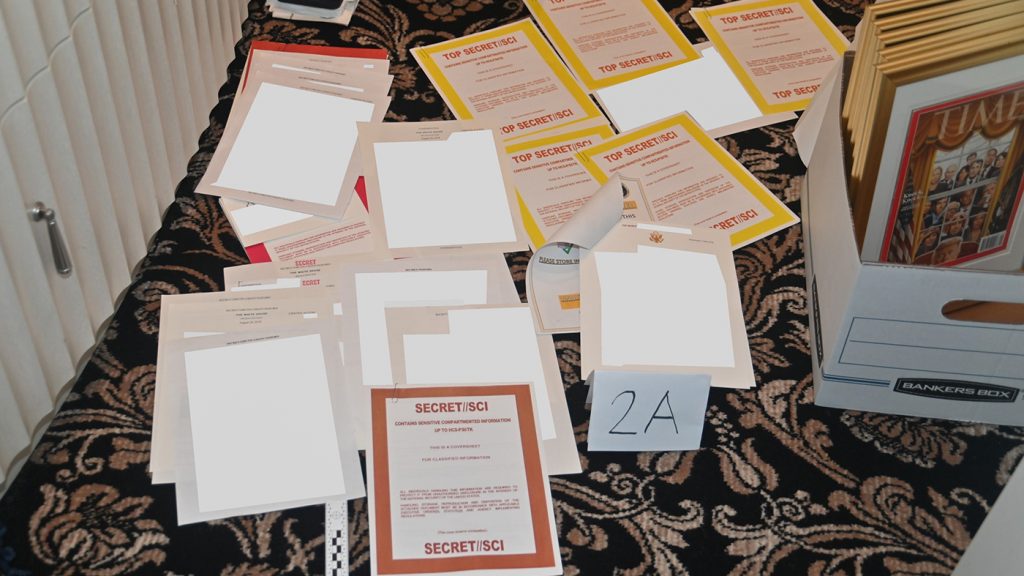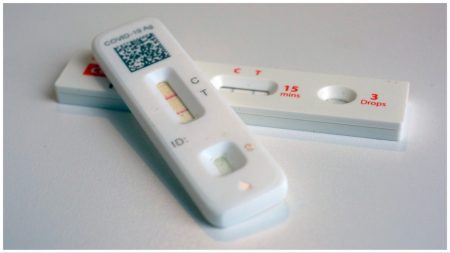Judge Aileen Cannon postponed a critical deadline in former President Trump’s legal case. This decision was made after his lawyers claimed that special counsel Jack Smith’s team did not properly preserve key evidence. Prosecutors revealed that some classified records may not be in their original order.
This delay is another setback in a case where Cannon has not yet set a new trial date. It raises more uncertainty about whether the case will go to trial before the election.
The suspension also interrupts a significant discussion about which classified documents Trump and his co-defendants want to use in their defense. The former president has derailed this discussion, even though prosecutors argue that the order of the documents doesn't affect the defendants' case.
Cannon has not set a new deadline. It could take months to determine how classified documents will be handled at trial.
In a letter posted to the court docket, Trump’s legal team seized on Smith’s team admission that the order of the documents may have changed slightly.
Trump attorney Todd Blanche wrote in the letter, “Your failure to disclose the spoliation of this evidence until this month is an extraordinary breach of your constitutional and ethical obligations.
The letter outlines several requests for more information, including the instructions given to those who initially searched the boxes and all communications related to the searches and movements of the boxes, as well as a list of personnel with access to them.
Smith’s team dismissed arguments from Trump’s co-defendant and valet Walt Nauta, who sought to postpone his deadline for outlining his plans for using classified information in his defense.
Prosecutors stated, “The filter team made sure that no documents were moved from one box to another, but they did not focus on maintaining the sequence of documents within each box.”
Prosectors also added, “[Nauta] has known which classified documents are in which boxes for months, and did not raise his current concern about intra-box sequencing until over nine months after he had access to the boxes.
The filing also provided information about the search of Trump’s home, revealing that law enforcement was not prepared for the large amount of classified information found at Mar-a-Lago and ran out of cover sheets designed to serve as placeholders.
“If the investigative team found a document with classification markings, it removed the document, segregated it, and replaced it with a placeholder sheet. The team used classified cover sheets until they ran out, then switched to blank sheets with handwritten notes indicating the classification level of the seized documents,” prosecutors noted.
Smith’s team mentioned that any jostling of the documents would have occurred during the special master review demanded by Trump’s team, as well as movement of small items like index cards and stationary.
The team of Trump responded to Smith's attempt to dismiss the issue by stating that it has consequences beyond the potential presentation of classified information in court.
Blanche wrote, “You cannot seriously argue that your recent admission of destroying evidence is not important to President Trump’s ongoing pretrial motions.”









